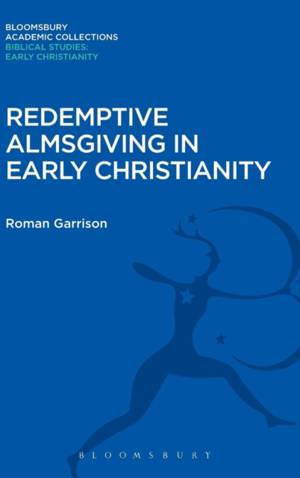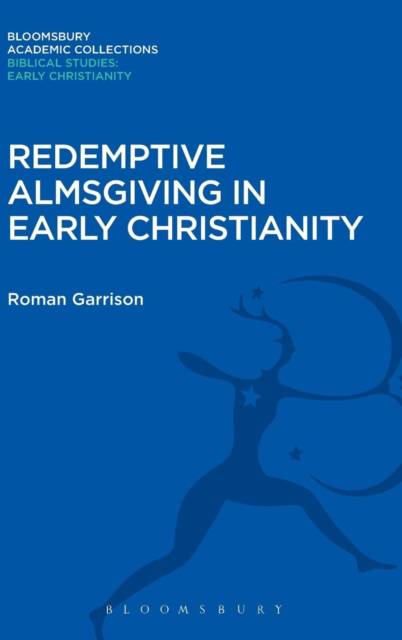
Bedankt voor het vertrouwen het afgelopen jaar! Om jou te bedanken bieden we GRATIS verzending (in België) aan op alles gedurende de hele maand januari.
- Afhalen na 1 uur in een winkel met voorraad
- In januari gratis thuislevering in België
- Ruim aanbod met 7 miljoen producten
Bedankt voor het vertrouwen het afgelopen jaar! Om jou te bedanken bieden we GRATIS verzending (in België) aan op alles gedurende de hele maand januari.
- Afhalen na 1 uur in een winkel met voorraad
- In januari gratis thuislevering in België
- Ruim aanbod met 7 miljoen producten
Zoeken
Omschrijving
In the light of the New Testament's conviction that Jesus Christ died for sins, and that the Cross is a 'once for all' act that makes the Temple cult unnecessary, this challenging work probes the reasons for the emerging doctrine of redemptive almsgiving in early Christianity. Do the New Testament writers themselves (even Jesus!) implicitly endorse the view that a 'supplementary' or alternative means of atonement is necessary? What is the background of this theme in Graeco-Roman sources and in the Hebrew Bible? What are the principal texts in early Christian literature that advocate almsgiving as a 'ransom' for sin? These questions firmly govern this investigation of the social and theological forces that gave legitimacy to a doctrine that at first appears to contradict the primary New Testament soteriology, namely that the death of Jesus Christ is the exclusive means of redemption from sin.
Specificaties
Betrokkenen
- Auteur(s):
- Uitgeverij:
Inhoud
- Aantal bladzijden:
- 192
- Taal:
- Engels
- Reeks:
Eigenschappen
- Productcode (EAN):
- 9781474230605
- Verschijningsdatum:
- 29/01/2015
- Uitvoering:
- Hardcover
- Formaat:
- Genaaid
- Afmetingen:
- 156 mm x 234 mm
- Gewicht:
- 439 g

Alleen bij Standaard Boekhandel
+ 644 punten op je klantenkaart van Standaard Boekhandel
Beoordelingen
We publiceren alleen reviews die voldoen aan de voorwaarden voor reviews. Bekijk onze voorwaarden voor reviews.









